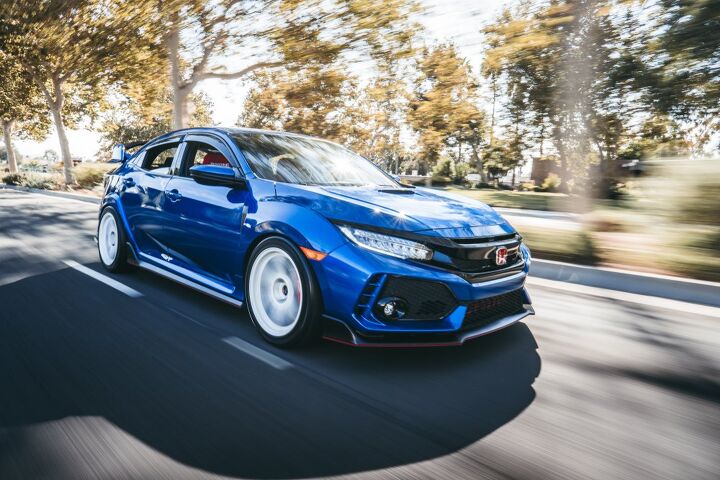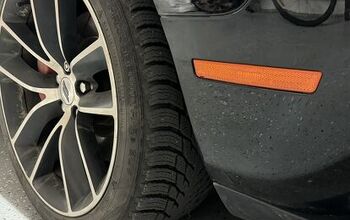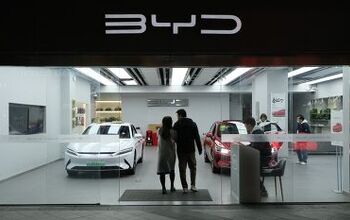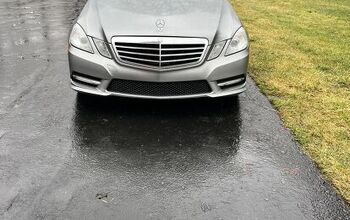Consumer Reports: Most Reliable Car Brands of the Year - Find Out Who Ranks Highest
The automotive industry offers a range of options for consumers seeking reliable vehicles. A recent study by Consumer Reports provides a detailed look into the reliability of various car brands, helping buyers make informed decisions.
Leading Brands in Reliability
- Lexus (Score: 79)
- Toyota (Score: 76)
- Mini (Score: 71)
- Acura (Score: 70)
- Honda (Score: 70)
Rounding out the top 10 are Subaru, Mazda, Porsche, BMW, and Kia. These scores reflect a trend towards higher reliability across these manufacturers.
How Reliability is Scored
The methodology behind these scores involves comprehensive surveys of Consumer Reports members, covering over 330,000 vehicles from the years 2000 to 2023, including some early 2024 models. The survey assesses 20 different trouble areas, varying from minor issues to major system faults. The final score, out of 100, is a combination of problem severity, track testing, owner satisfaction, and safety data.
Focus on Electric and Hybrid Vehicles
The study pays special attention to electric and hybrid vehicles, including new criteria specific to these types of vehicles. These criteria assess electric motors, hybrid batteries, and charging systems. Hybrids show 26% fewer problems than traditional vehicles, but plug-in hybrids and electric vehicles often score lower in reliability.
Reliability by Region
Asian car manufacturers lead in reliability with an average score of 63, followed by European brands at 46 and domestic brands at 39. Cars, including sedans, hatchbacks, and wagons, are noted as the most reliable vehicle type.
Highlights of Specific Models
In model-specific observations, Lexus's NX model scores average in predicted reliability, with the rest of its lineup above average. Toyota's 4Runner SUV is noted for its high reliability, while the Tundra is marked for lower reliability. Acura's RDX and TLX models receive praise for their above-average reliability.
This article was co-written using AI and was then heavily edited and optimized by our editorial team.
More by TTAC Staff
Latest Car Reviews
Read moreLatest Product Reviews
Read moreRecent Comments
- Golden2husky This was a common topic at work - kids learned how to drive, and now another car is needed. I was amazed at all the excuses made about how their kid must have a new car. Used cars are a "risk" for breakdown, they are not as safe, etc...which is all BS of course. How much difference in safety is there between a new car and the same model that is five years old? Maintained cars don't break down very often. I've driven cars for far, far longer than most and have been towed exactly twice in my entire driving career (about 800,000 miles). While I wouldn't put my daughter into a 15 year old car and let her drive across the country, I would be fine with a 5 year old car that was well cared for. Let's be realistic - new drivers are likely to get into a fender bender - why do that to a new car. I was thrilled to get an 8 year old car for college back in the day even though my folks could afford to buy all of us new cars if they wanted to. If you Want to buy your kid new, go ahead. Just don't freak out when they come home with a fresh dent.
- CanadaCraig Can you eventually go to prison for driving without a licence in the US?
- CanadaCraig To hell with the UAW.
- CanadaCraig First I'll answer the question. YES. Toyota, Mazda and Subaru are doing the right thing. That said... If only those pushing for an all EV world would care as much about the 1 BILLION earthlings that make less than $1 a day.
- Redapple2 All this BEV investment. A bigger impact (less oil consumption) would have been made if we had made PIG UP trucks smaller since 2000 and not HUGEr. (And raised gas tax by $2-3/gallon.)


































Comments
Join the conversation